Eye Floaters and Pineapple: a Curious Connection
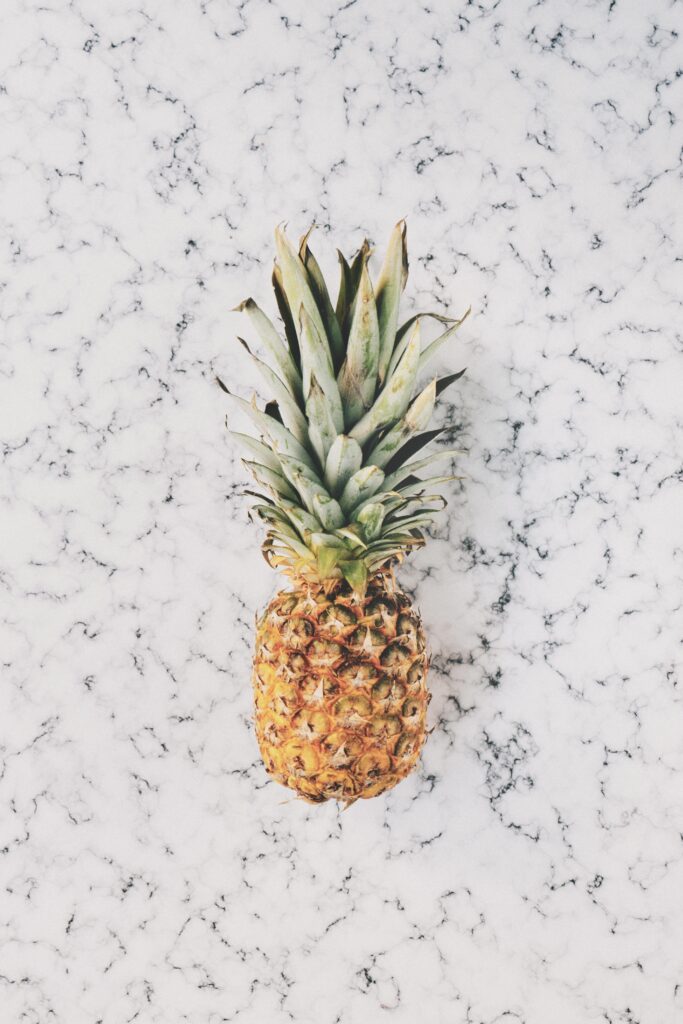
Have you ever noticed tiny spots in your vision? They might look something like bugs fluttering by when you look around or like strings floating around in your eyes. These spots are called “floaters” and can be a common experience for many. While often benign, floaters can indicate serious issues which should always be discussed with your eye doctor.
Historically there hasn’t been a natural cure for eye floaters, but a curious new treatment is being researched, and it stems from the delicious, tangy fruit, pineapple.
What is an eye floater? 
The human eye is filled with a jelly-like substance called “vitreous”. Vitreous is composed of water and collagen that fills the space of the lens of the eye and the retina. Its primary role is keeping the eye’s shape round and holding the retina in place.
Over time, parts of the vitreous can liquefy and separate. When this happens, the separated parts float around in the vitreous and cast shadows, resulting in the appearance of floaters in vision.
Floaters often occur as we get older, but even young people can experience floaters. Floaters can also be caused by head injuries and eye traumas.
When to see your eye doctor 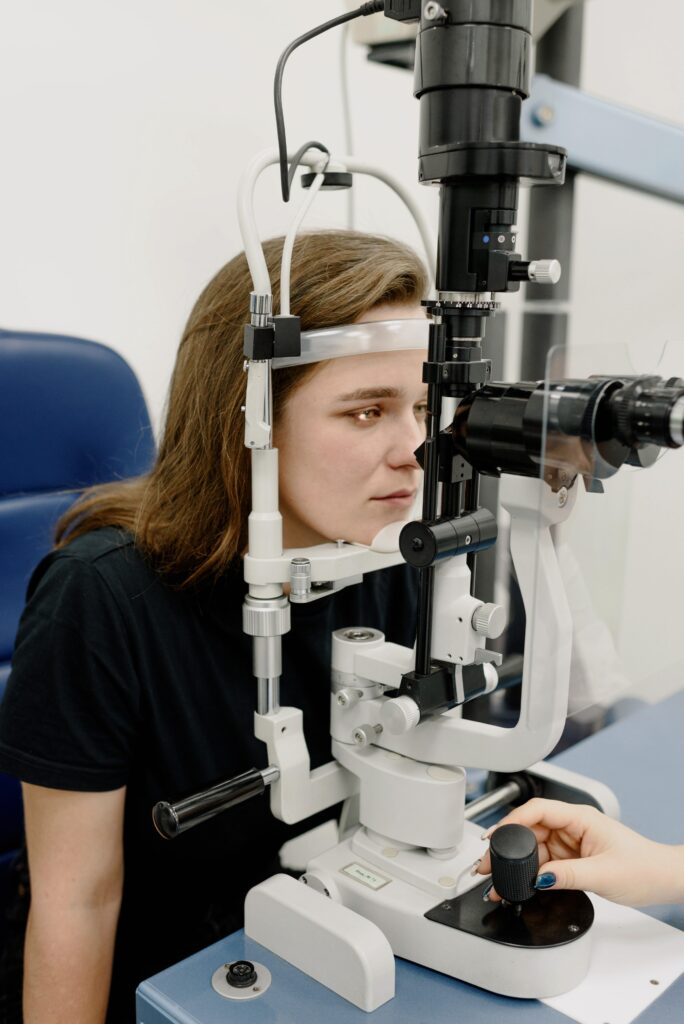
Floaters are not always an emergency, but they should never be ignored.
You should contact your eye doctor immediately if:
- You experience a sudden onset of floaters
- Your existing floaters appear larger or increase in number
- You experience “flashing lights” or “lightning” in your vision (this can occur both with or without floaters)
- You experience a darkening or shading of your vision, especially in the periphery, or other sudden vision loss
Any of the above symptoms can indicate a significant problem, such as a retinal tear or detachment. While these symptoms do not mean that you are experiencing a retinal tear or detachment, it’s important to seek medical attention through your eye care provider to be sure.
What to expect
An eye exam for floaters is considered a medical eye exam. If you see your eye doctor because of floaters, your eyes will need to be dilated.
Dilation allows the doctor to see into the back of your eye and evaluate your floaters as they scan the retina for damage. 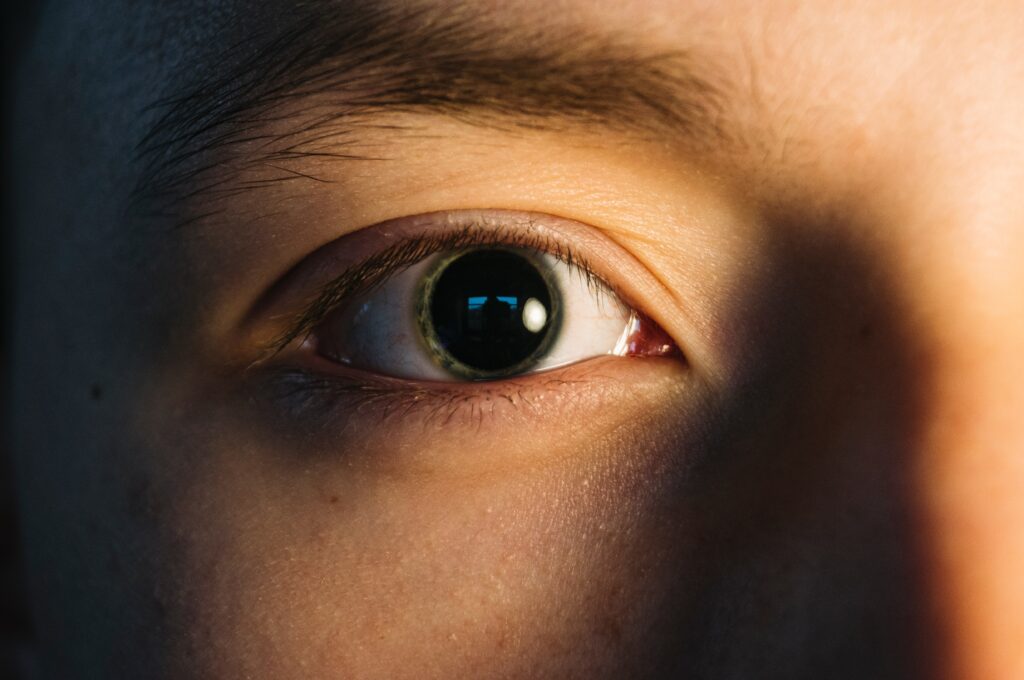
- If you do not have a retinal tear or detachment, your doctor will recommend a follow-up exam in a few weeks to ensure no retinal damage has occurred and that your floaters are stabilizing.
- If the doctor notices a retinal tear or detachment during your exam, you will be referred to an ophthalmologist for a procedure to reseal the retina.
Is there a cure for eye floaters? 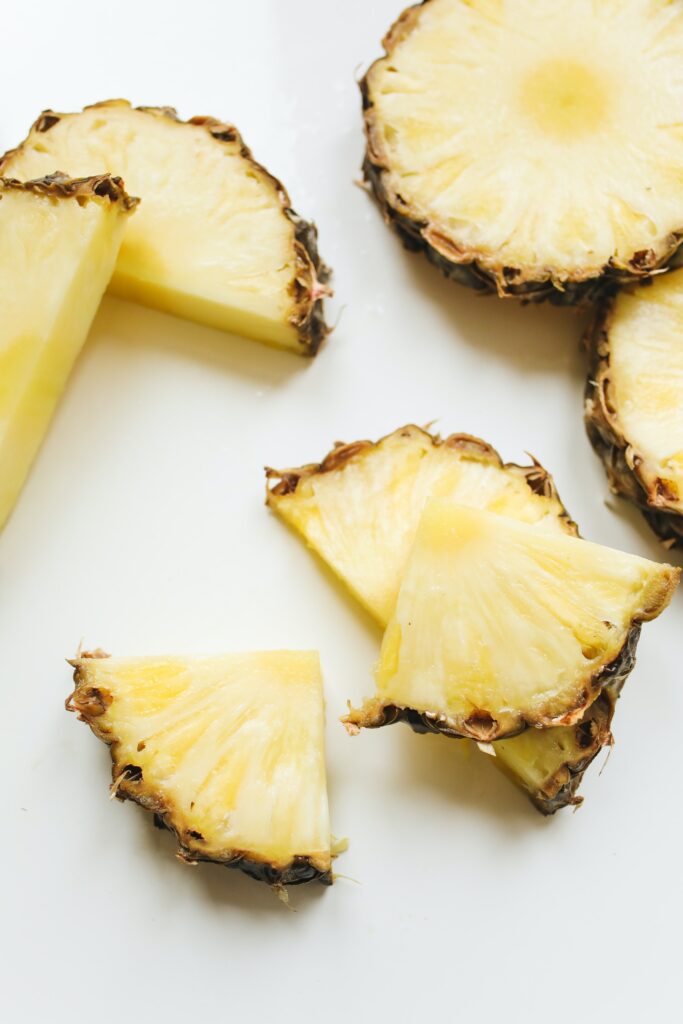
Apart from invasive eye surgery, there haven’t been many treatments to cure floaters. Time has been the most organic treatment, as floaters stabilize and become less noticeable as time passes.
Recently, however, new research has indicated that pineapple may minimize eye floaters. A study from Taiwan found a 70% decrease in floaters among participants who consumed pineapple daily for three months. Researchers attribute the treatment’s success to the enzyme “bromelain” which is found in pineapple. They believe that the bromelain dissolves the collagen that creates floaters.
Like any study, the research has its flaws, and more studies will need to be conducted. But in the meantime, it’s an exciting possibility that pineapple or a Bromelain supplement could be a simple, natural way to see improvement in eye floaters!
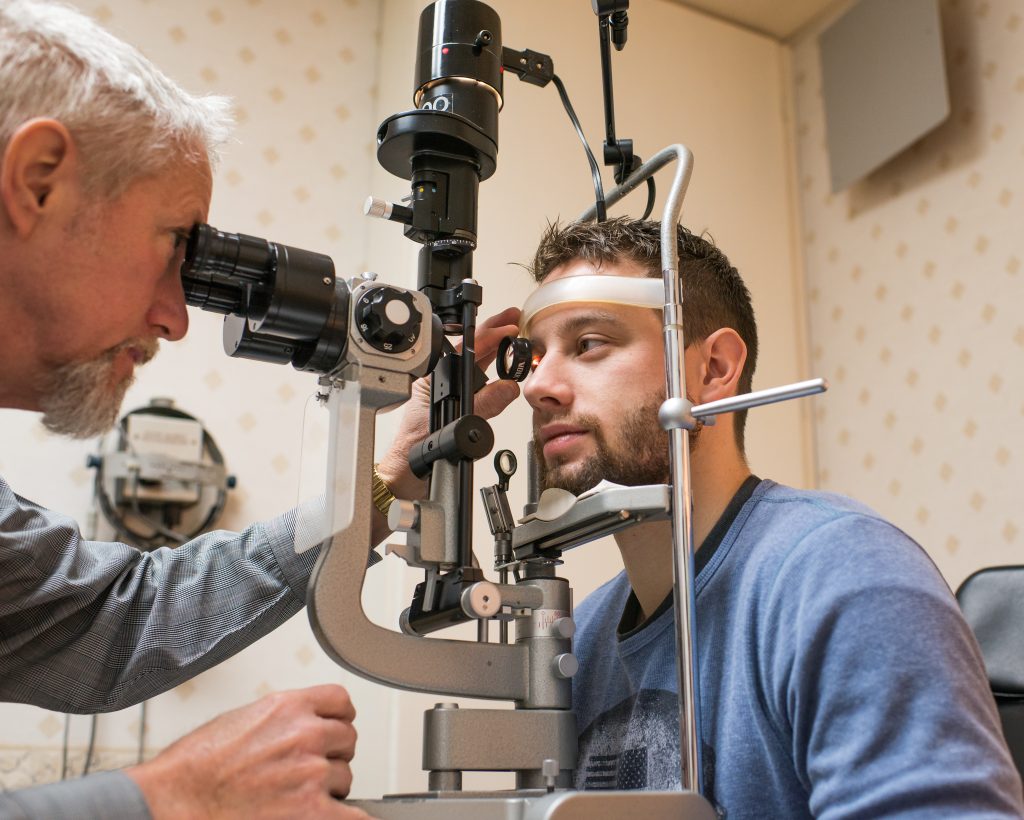 Before you try it, see your eye doctor
Before you try it, see your eye doctor
While there is hope for pineapple as a cure for eye floaters, you should consult your eye doctor before trying it. Pineapple can contraindicate some medications and isn’t recommended for people with certain health conditions. Also, pineapple is highly acidic and can be hard on stomachs, so the safest practice is to consult your doctor to make sure you can safely add it to your lifestyle.
Floaters aren’t uncommon, but they can be indicators of serious eye disorders. Dilated annual eye exams are the best way to monitor your eyes and ensure your long-term eye health. If any changes occur outside of your yearly eye exam, be sure to contact your eye doctor immediately!
Our friendly and thorough doctors are here to help you maintain your best vision for the future. Be sure to schedule your annual eye exam today!
